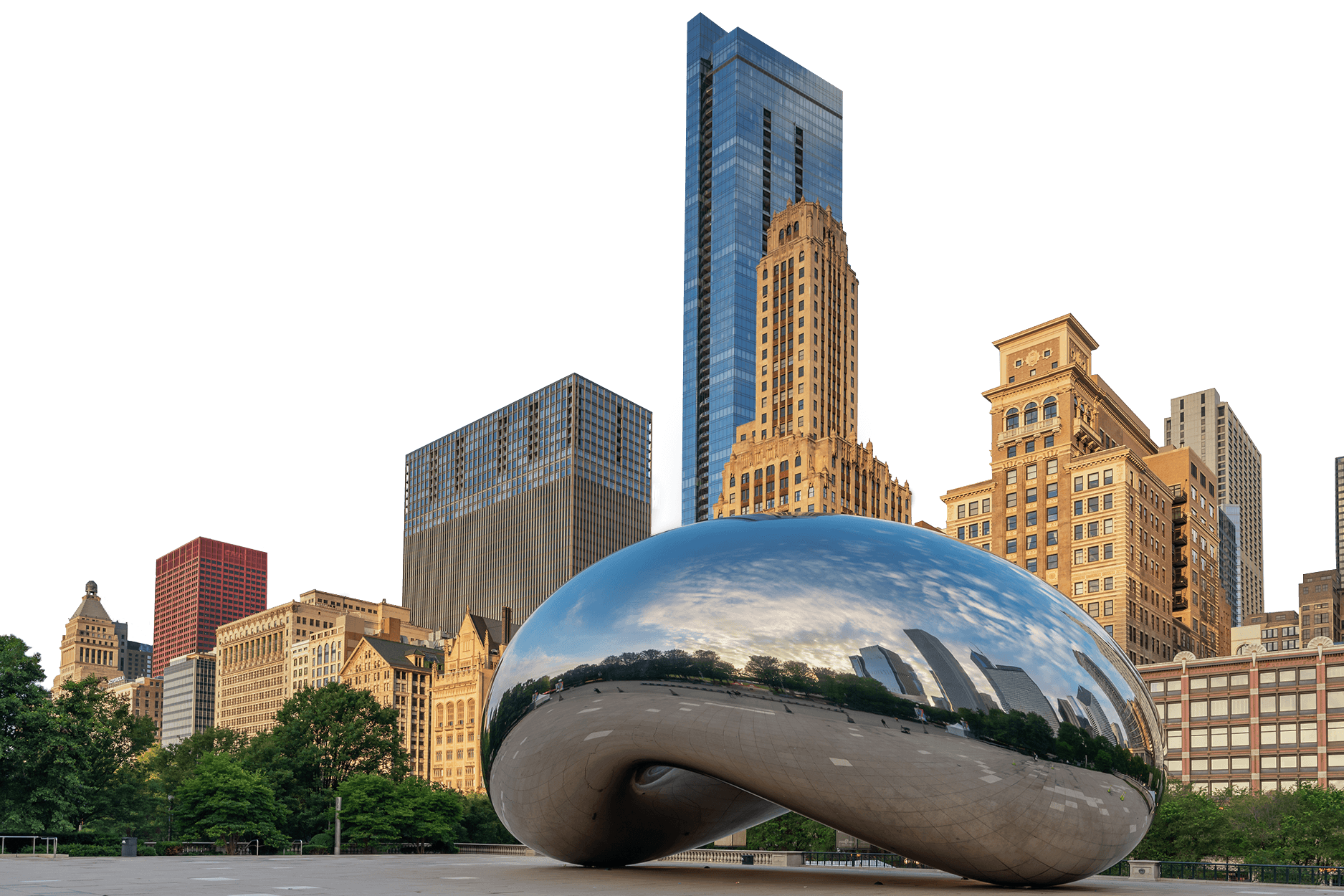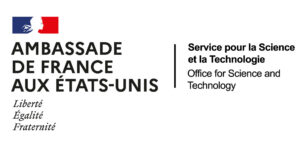chicago
chicago
chicago
chicago
chicago
chicago
chicago
chicago
la synapse
la synapse
la synapse
la synapse
la synapse
la synapse
la synapse
la synapse

History
Surrounding the state of Illinois, the Midwest and Great Lakes region is traditionally focused on agriculture, with companies such as Cargill and ADM making a major contribution to the development and funding of research in the agri-food sector. With some forty universities, and the presence of FermiLab and Argonne National Laboratory, research has a prominent place in the Chicago metropolis.
General Economy
Traditionally focused on agriculture, which generates $9.4B a year in the region, the Midwest economy has gradually diversified. Research and development efforts have focused on fields as varied as steelmaking, metallurgy, automotive, agricultural and industrial equipment, electronics, healthcare, life sciences, telecommunications and information technology, energy storage and cyber-infrastructure. Several pharmaceutical companies have chosen to set up in Chicago, including Abbott Laboratories, Astellas, Baxter Healthcare Corporation, Hospira and AbbVie. The entrepreneurial ecosystem that has grown up around this industrial environment is now valued at $49B.
Science and Innovation
Chicago also boasts a number of leading-edge national laboratories, including Argonne National Laboratory, a multidisciplinary science and engineering research center run by the U.S. Department of Energy (DOE), which welcomes some 8,000 scientists every year, and Fermilab, a physics research center boasting one of the largest particle accelerators in the United States.
Accompaniment and Support
Public-private organizations are also involved in the city’s economic development. One of them, World Business Chicago, works to foster economic growth, create jobs and promote Chicago as a leading global city; at the state level, Intersect Illinois is the agency in charge of economic development and assisting entrepreneurs wishing to set up in Illinois.




